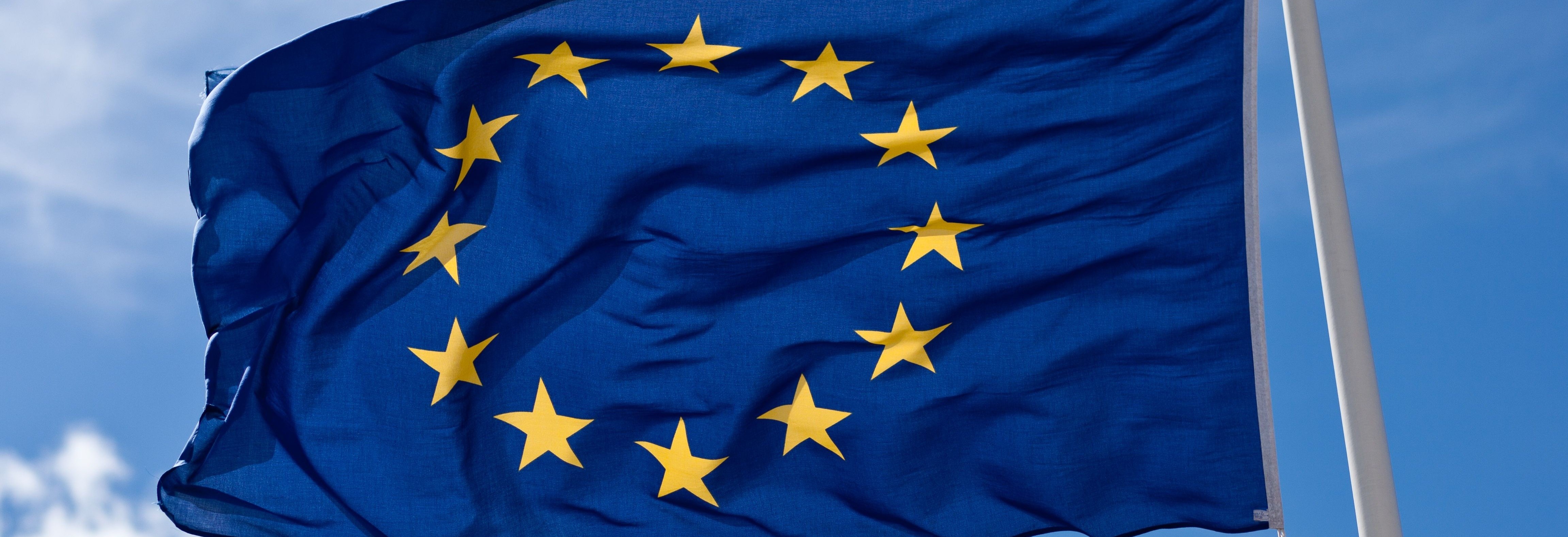Mario Monti: Prospects for the EU at WES2018
Italian Prime Minister between 2011-2013, European Commissioner from 1995-2004 and leading economist Mario Monti’s message at the Warwick Economics Summit 2018 came as a breath of fresh air in these turbulent and uncertain times. Tackling the populist issue, short-termism in politics and the future of the EU, Senator Monti acknowledged the deep divides in Europe, but remained positive about the future.
Not all populist parties in Europe are anti-EU, although they have received increasing popularity…
With the media highlighting the growing populist protectionist tendencies in the US and Europe, it is easy to overlook the small triumphs of those opposed to it. Indeed, as Monti points out, not all populist parties in Europe are anti-EU, and although they have received increasing popularity in European elections these past few years, after Brexit, pro-EU sentiment rose in all national polls of European countries (with the exception of Italy).
Monti, known for being vehemently pro-EU “not only in his heart, but also in his mind,” says he first talked about European disintegration back in 2015, when it was still a largely obscure topic. His perspective on Brexit is more forward-looking than the usual – finding that its example has spurred positive change. The Brexit vote and its consequences have shown other European countries that “the value of an executed threat is very very low.”
His current disappointment lies with contemporary politicians’ short-term outlook…
In fact, British negotiators have been met by a strong front of remaining EU members. Although I have faith in the resilience and ability of British policy-makers to continue building a strong economy outside of the Union in the long-run, Monti’s heartening message for the European population is that the aspiration to reform and unite the EU more closely can’t be dissolved. Not even by a country so powerful on the world stage and previously integral to the EU project – not even by Her Majesty the Queen.
This is not to say the EU is facing major concerns. Mr. Monti eloquently provided his analysis and explanation for these. Throughout his lengthy career, due to his role in both Italian and EU politics, the Union has always been at the centre of his “concerns, joys, fears, and sometimes disappointments.” His current disappointment lies with contemporary politicians’ short-term outlook. Driven not just by their next national elections, but by ‘next-week’s’ opinion polls and Twitter-politics, some European heads of states have become “magicians in the art of followship, which is of course the opposite of the art of leadership.”
It is somewhat promising that leaders feel there is a democratic standard they should fulfil…
Referring to his recent meeting with Communist party leader Xi-Jinping, Monti says China has a “short-term plan for 2049,” whereas in Europe “we are all confined to the next elections and the next polls.” As Monti outlines, in the domestic sphere, this leads to extreme difficulty in pursuing goals which are beneficial in the long term, but opposed to short term public opinion. On the other hand, it is somewhat promising that leaders feel there is a democratic standard they should fulfil in recognising public opinion.
Senator Monti explains this translates into a problematic approach towards EU politics on behalf of domestic parties. Excessive short-sightedness and domestic orientation leads to a deconstructive perspective of the EU rather than a constructive one. The electorate is encouraged to believe that their country’s ultimate goal is to export their whole particular and specific political system and institutions across the whole of the EU and to make it work advantageously for them, and be accountable to them.
Bring a brick at a time from home to build the European house…
Monti summarises the cleavage between the initial and ideal vision for building the EU and many of its members’ current manner towards it; the idea was and should be to bring “a brick at a time from home to build the European house,” instead we want to “take a brick at a time from the semi-finished European house.”
Harking back to the Brexit example, Senator Monti’s view that Cameron’s irresponsible although completely legitimate referendum served as a warning to other European politicians not to play with the EU in order to secure domestic wins.

Comments